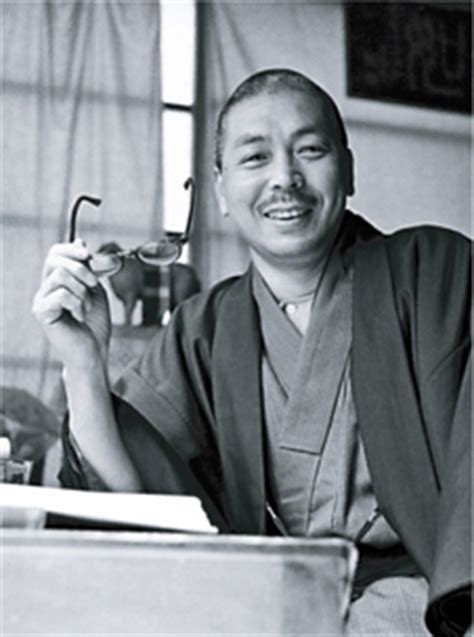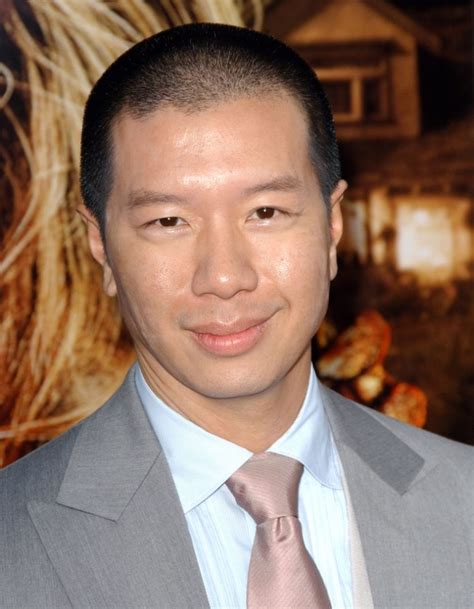A Quote by Shunryu Suzuki
The purpose of studying Buddhism is not to study Buddhism, but to study ourselves.
Related Quotes
The purpose of studying Buddhism is not to study Buddhism, but to study ourselves. That is why we have teaching. But the teaching is not ourselves. It is some explanation of ourselves. To study the teaching is to know yourselves. That is why we do not ever attach to the teaching, or to the teacher. The moment you meet a teacher you should leave the teacher, and you should be independent. You want a teacher so that you can be independent. So you study yourselves. You have the teacher for yourselves, not for the teacher.
If science proves some belief of Buddhism wrong, then Buddhism will have to change. In my view, science and Buddhism share a search for the truth and for understanding reality. By learning from science about aspects of reality where its understanding may be more advanced, I believe that Buddhism enriches its own worldview.
































